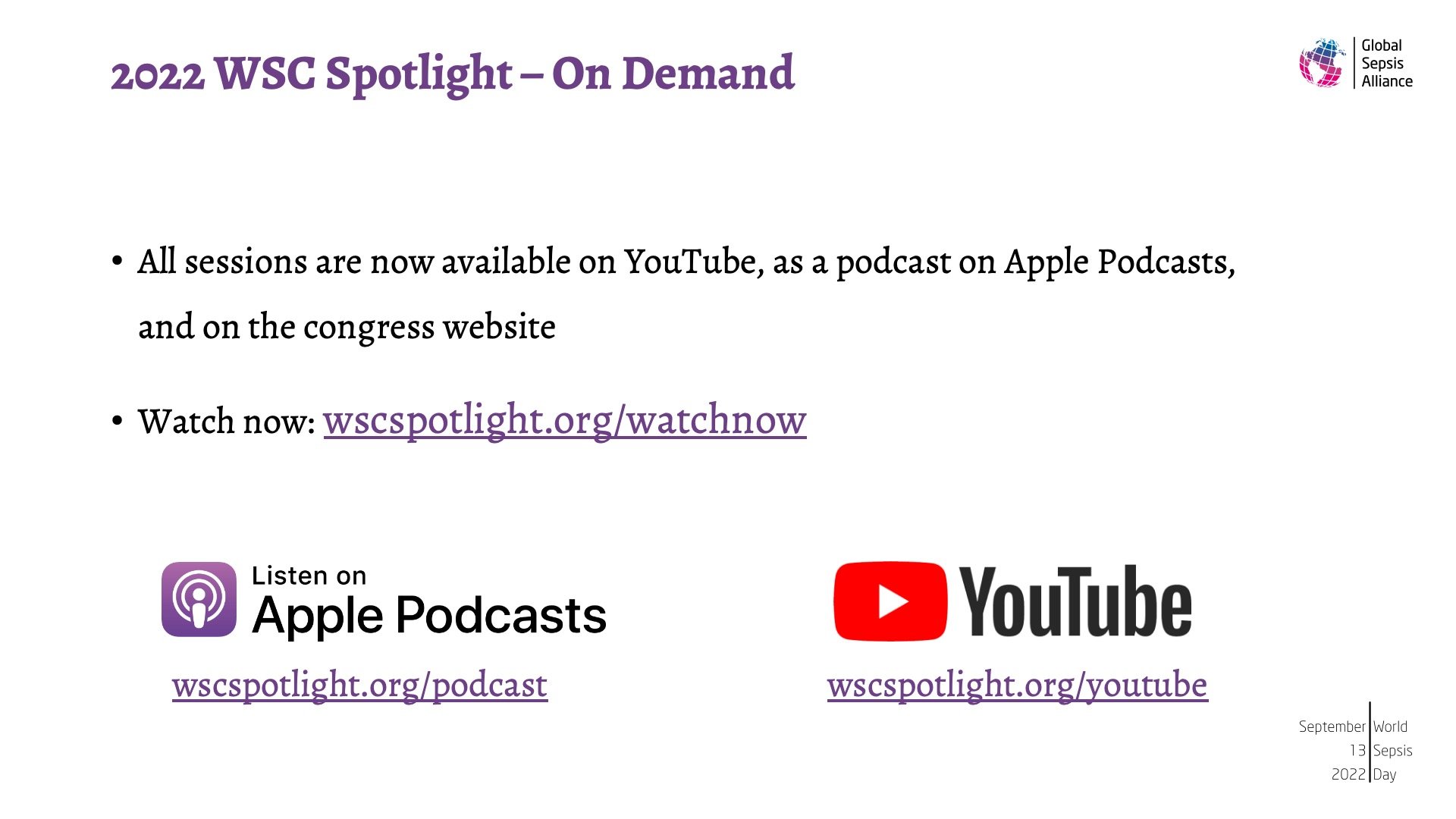We are thrilled to announce that the virtual photo booth and interactive world map for #WorldSepsisDay are now ready for your submissions.
The world map allows you to upload what you are planning for #WorldSepsisDay, be it a symposium, sports event, sepsis quiz, online campaign, sepsis awareness stall, illuminate a building, or something entirely else. If you haven’t made plans for this year’s World Sepsis Day yet, it’s not too late to get involved. Ideas, inspiration, and free materials in multiple languages are available here.
The virtual photo booth is a ton of fun and a very easy way to show your support for World Sepsis Day – just click here, snap a selfie, and customize it to your liking by adding a frame, background, logo, or whatever you enjoy.
Have fun, and thanks for helping us raise awareness for sepsis worldwide!































